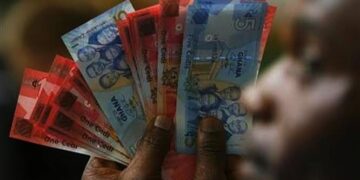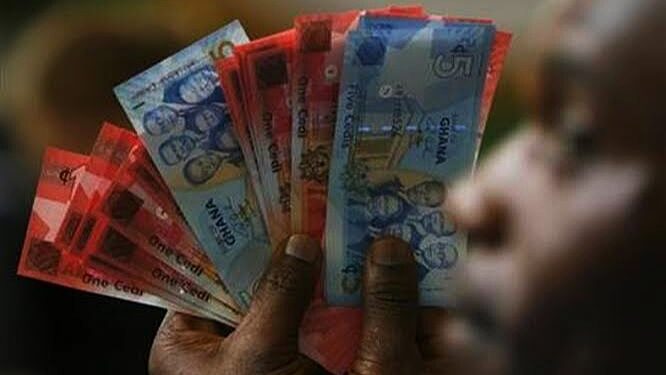By John Ikani
Ghana recorded a significant dip in its inflation rate in November, reaching a 19-month low, attributed to base-effect comparisons with the previous year and the proactive tightening of monetary policies by the central bank.
Government statistician Samuel Kobina Annim reported a 26.4% annual increase in the consumer price index, down from October’s 35.2%. This surpassed the expectations of economists, with a median estimate of 27.7%.
In the monthly assessment, prices saw a 1.5% rise, contrasting the 0.6% uptick in October. Both annual food and non-food inflation rates continued their downward trend, reaching 32.2% and 21.7%, respectively.
The positive economic shift reflected on Ghana’s 2032 dollar bond, which gained 0.9 cent to 43.85 cents on the dollar in Accra at 1:00 p.m., while the cedi remained relatively stable at 12.03 per dollar.
Maintaining a record-high benchmark policy rate at 30% since July, the Bank of Ghana paused its tightening measures after a cumulative 16.5 percentage points of adjustment since November 2021.
Officials affirm their commitment to a stringent policy until inflation is firmly in check, projecting a year-end inflation rate of 29%, a significant drop from the peak of 54.1% in December 2022.
Governor Ernest Addison emphasized the ongoing need for a prolonged tight policy stance, stating, “There is the need to keep the policy rate tighter for longer until inflation is firmly anchored on the downward trajectory.”
Despite signs of deceleration, inflation persists at elevated levels, remaining above the central bank’s 10% target range for over two years.




































